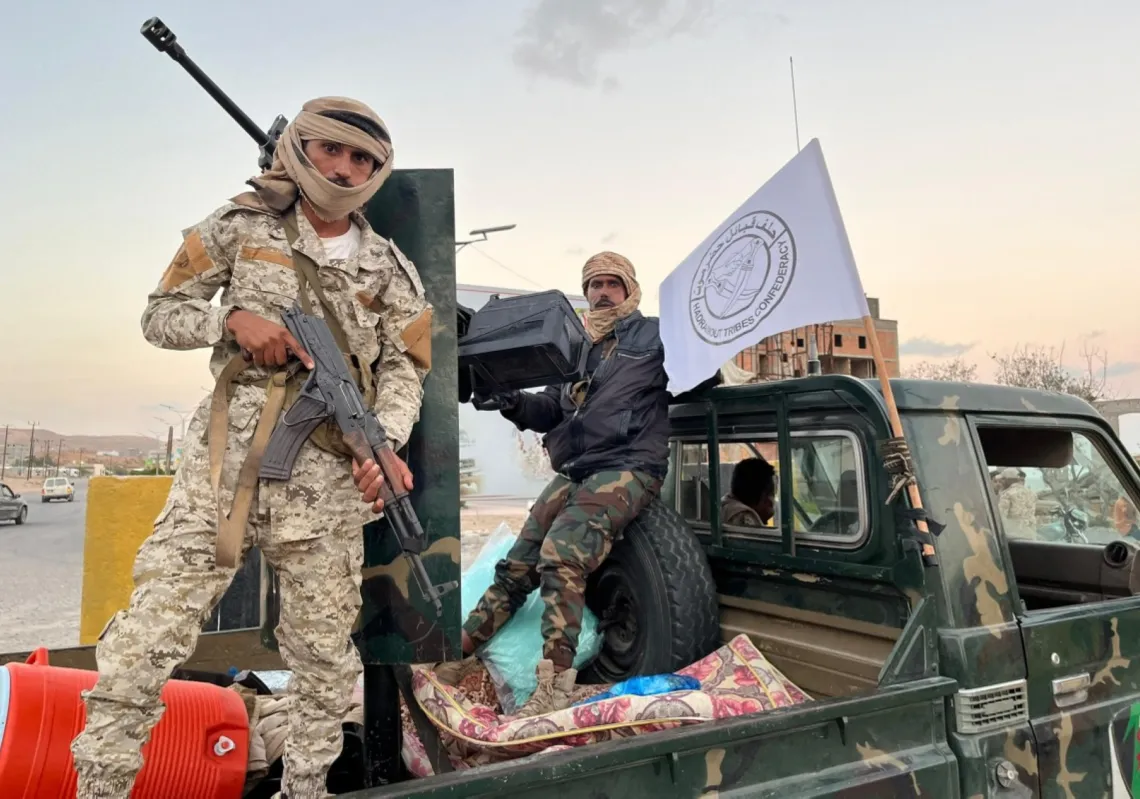Barack Obama’s political fortunes suffered a devastating blow at the election polls on November 2—and since then, whether on domestic policy or in the international arena, nations as well as American politicians have raised their price for cooperating with him.
Despite achieving a number of key successes—on health care policy, global nuclear WMD summitry and agreements, and making the G20 a relatively hard global economic coordinating body—the world still doubts the ability of the US and its young president to deliver on their objectives and promises. The Republican red tide that just swept in has made that doubt in the Obama White House even greater.
This doubt is eroding global stability and undermining the trust that allies have in American leadership while increasing the appetite of US foes like North Korea and Iran to shake constraints on them and move the boundaries on their action beyond where they have been.
Iran’s nuclear course is clearly a case in which the combination of, on the one hand, the US annihilating its key rival in Saddam Hussein’s Iraq, and on the other, becoming militarily overextended in Afghanistan have fanned Iran’s ambitions of becoming a regional hegemon in the Middle East. Iran does not believe that the United States and its allies—including Israel—have the military capacity to prevail in a serious conflict with Iran, and neither are they able, given the wobbly economic circumstances in the US, to absorb the financial shocks of a global collision.
On the trade front, it was telling that South Korea rejected key provisions of a US-Korea Free Trade Agreement that had been previously negotiated sensing that it could get more from a politically weakened White House—handing Obama an embarrassing defeat on a trip really designed to shore up the US alliance with South Korea and Japan as a check on growing Chinese power. While Obama’s stops in India and Indonesia, as well as Japan, immediately after the tough political rebuke of Obama’s Democratic Party, generated some positive headlines about him giving White House attention to these key countries—he got very little from these trips that made him look as if he was having any luck shaping the international order for the better.
In fact, the trip backfired in ways that few pundits have yet realized. Obama’s post-election trip was in part designed to push America’s economic interests—but also designed to assure Japan and South Korea that the US would stand with these nations as they increasingly rubbed against China’s growing global ego. If anything, events in the region since Obama returned back to DC have illustrated that China and its “affiliates” have more ability to control events in the Asia Pacific than the US and its allies.
China and Japan had only recently ended a high stakes, several-week-standoff in which Japan arrested an aggressive Chinese boat captain who rammed Japan coast guard ships off of the disputed Senkaku Islands. This incident escalated to the highest levels—until Japan blinked and released the detained Chinese ship captain.
China scored a win—and was testing not Japan as much as its chief sponsor, the United States.
Fast forward to North Korea’s attack on a South Korea island that hosts both military personnel and civilians. In this case, a nation that is highly dependent on China’s economic and strategic support makes a strategic choice for China—testing BOTH the US and China’s resolve.
With the exception that there is not a large contingent of North Korean-Chinese who hold political sway in China’s government in the way that Israel is able to affect American political machinery, North Korea has emerged as “China’s Israel.”
Israel, in ways similar to North Korea’s national profile, depends on America’s guarantee of its key economic and strategic circumstances—but Israel is no longer the supplicant and realizes that the US system has decided it has to acquiesce to Israel’s recalcitrance on Middle East peace as well as the evolution of an apartheid structure dividing Palestinians from Israelis within its borders. One looking at the situation from outer space would presume that the US had the power and Israel followed along—but in fact, Israel is calling its own shots and America is paralyzed from using the levers of control it might have on Israel’s political leadership.
Similarly, North Korea knows that it can be a massive economic and geostrategic headache—worse if its state collapses. And it smartly exploits this disaster scenario to extort resources from not just the West but also China.
China is willing to ignore a great deal of North Korean misbehavior, even attacks like the one observed this week, to preserve the status quo on the Korean peninsula. China’s latitude in controlling North Korea is extremely limited and on par with America’s very frustrating lack of influence on Israel’s behavior.
North Korea, like Iran, senses that the US is militarily overstretched in the world and is on weak economic legs at home. It saw China prevail in a symbolic test of wills over Japan in the Senkakus, and watched South Korea take away the prize Obama had expected of a free trade deal during his recent visit there. North Korea is moving its interests forward while it senses weakness from the combined front of South Korea, Japan and the US.
While Barack Obama’s post-election trip to Indonesia, India, Japan and South Korea was meant in part to send a signal to China that the US could encircle it and would stand “shoulder to shoulder” with these countries in future competitions of power, North Korea decided to act on its own and end that charade—both on its own and China’s behalf.
North Korea, at least thus far, has punctured the Obama bubble in Asia—and affairs in the region are far less stable in the Pacific than they were before the president and many members of his Cabinet, including Secretary of State Hillary Clinton, invested so heavily in trying to convince the region that betting on America was a bet on stability.
America’s global situation has become relatively weaker and will be tested repeatedly in zero sum challenges to its interests—particularly when its proxies like Japan and South Korea are there to be the punching bags. To restore its options and its ability to shape the international system, the US has to decide what it is going to be about in the next century—what are its key strategic goals and what is it willing to gamble to get there.
No matter what course the US chooses, it is going to have to replenish its stock of power, revitalize its economy, and show that it can affect international change—perhaps in some of the lower hanging fruit in the international system like normalizing relations with Cuba, or delivering on the START Treaty with the Russians, or moving Syria and Israel to normalize relations and do a peace deal.
All of these would be relatively doable and would help give America some momentum again in its international game—but even these are strangled and paralyzed today by American politics and the perception of President Obama’s weakness.
Given that even the easy stuff looks nearly impossible, it’s easy to understand why there is growing concern among America’s key allies about the solvency of America’s economic and strategic commitments, and why a country like North Korea feels like it has little to lose by acting up and putting its neighbors and the world on edge.
Steve Clemons - Founder and Senior Fellow of the American Strategy Program at the New America Foundation. Mr. Clemons publishes the popular political blog, The Washington Note.








